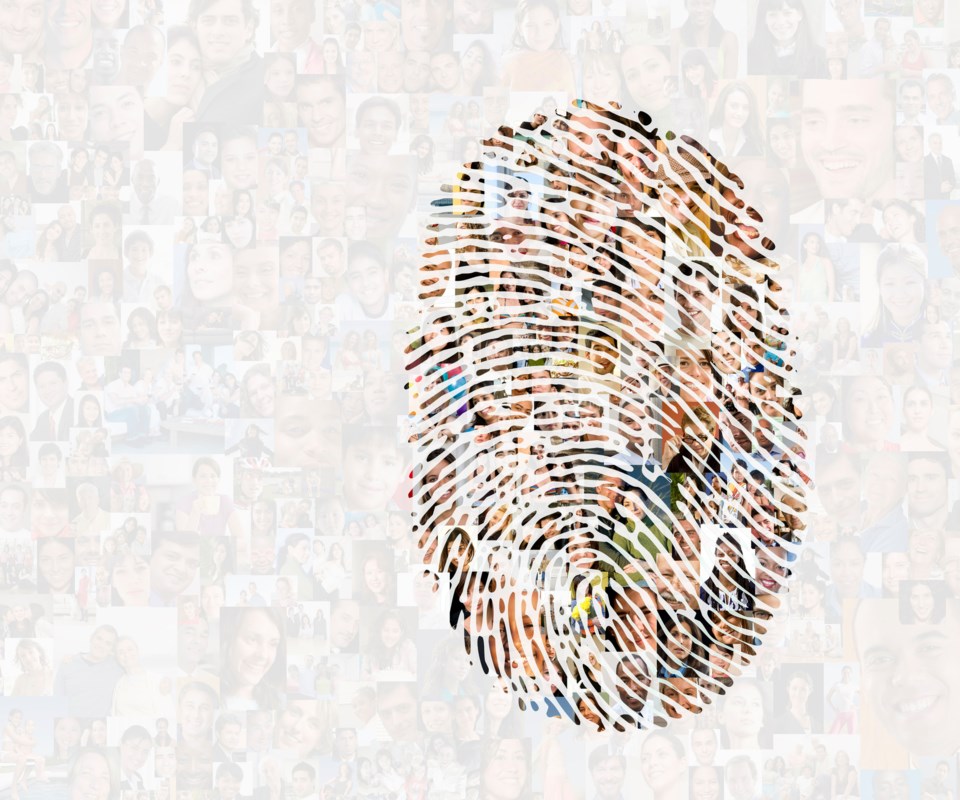After attending one of the Ramadan nights organized by the Estevan Islamic Centre, Debbie Hagel, executive director with Southeast Newcomer Services, told me "We have more in common than we do differences."
She explained that a lot of Islamic traditions she learned about during the event resonate with those in Christianity. Partly that's because both are Abrahamic religions, and have the same roots and core values, but this phrase made me think further about people's differences and similarities.
I have a pretty odd and somewhat mosaic personal history, which was to a large scale affected by my relations with religions and cultures.
I was born in the U.S.S.R. – a state that denied and tried to cancel all religions in an attempt to take over that central space in people's value system. Despite the state atheism, my parents were leaning toward Orthodox Christianity and by nine years old (which is really late) they got me baptized. For a few years, I was really engaged with trying to understand what it means to be an Orthodox Christian. With acute fascination, I was watching parsons swinging thurible in the dusk of Orthodox churches, I was exploring isolated faces of saints and great martyrs and reading the Bible.
But things changed a few years later when my grandpa offered me to go to a Jewish summer camp and maybe check out Israel. Apparently, I was Jewish – a secret that I wasn't told and wasn't smart enough to guess as I had very little to no knowledge about Judaism. Grandpa, the only real Jew in our immediate family, suffered from the regime due to his heritage.
And while he still used some Yiddish words here and there, had endless books with odd names, and every year brought home matzoth, a weird and tasteless bread, for Pesach (all of that I decoded later), he did all he could to protect his family from everything. So he let me into this part of my history only because he believed that by then it was safe to do so.
And what a world I discovered. Not only was it crazy interesting to explore but being a part of it made the experience even more valuable. I ended up getting really engaged with it and being given a choice I somewhat set Orthodox Christianity aside as I felt less related to it at that time.
About the same time, while I still was into Judaism, I was invited to apply for a Turkish high school – a prestigious institution where all classes were taught in English instead of Russian, and all teachers were … right, from Turkey. For the next four years, I was living and studying alongside some of the most interesting and amazing people I came across in my life.
Most of our teachers and assistants were very talented, smart and dedicated to our success. And they also were Muslims – people who to us, kids seemed very different in their lives and routine.
With many, we became friends for the rest of our lives. That new setting allowed me to grow a better understanding of another great religion and its culture. No, I've never converted to Islam, as it wasn't a part of me, but I definitely learned a lot about Islam. And what an interesting and beautiful journey it was.
Along the lines of this story, my best friend I met at high school was more into Catholicism, so when travelling together we would visit Catholic churches and she guided me into some of the values of that faith and culture. She is still my best friend, so her interests partially became mine throughout time.
Why do I tell you about that? Because all those differences had enough room to peacefully coexist inside me, only inspiring me to learn more.
With those experiences, I ended up being a bit of an alien and a bit of an insider in all of those cultures, feeling complicit and a smatterer all in one.
I managed to get a sense of many different cultures and religions, and most of them had a strong influence on me, imprinting some bits and pieces into my personality. And while the manifestations in most cases seemed very different, the core values were very alike.
Those pieces of my personal mosaic shaped who I am and made me a stronger and broader person. My cultural and religious experiences allowed me to learn more about the world and better understand people who may seem different. They also helped me understand that while we all are very different, in my experience, we only appear different, bringing many colours and practices to the table. But that table that we share is the same.
And when we dedicate time to learning a bit more about each other, we realize that more things unite us than put us apart, no matter who we are and where we come from.





